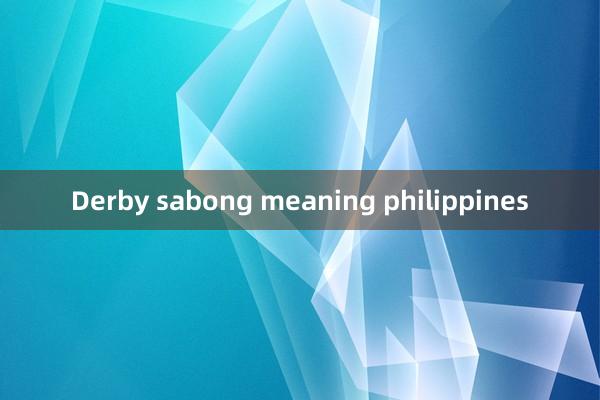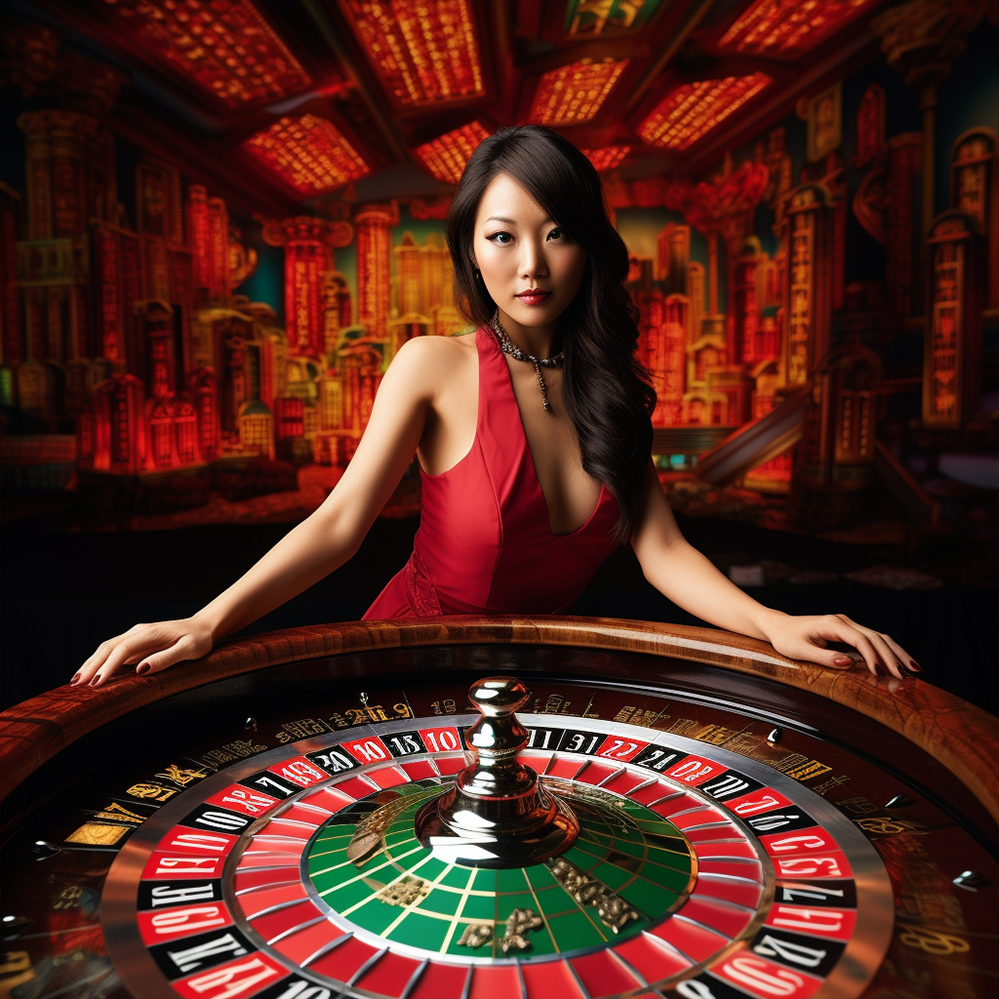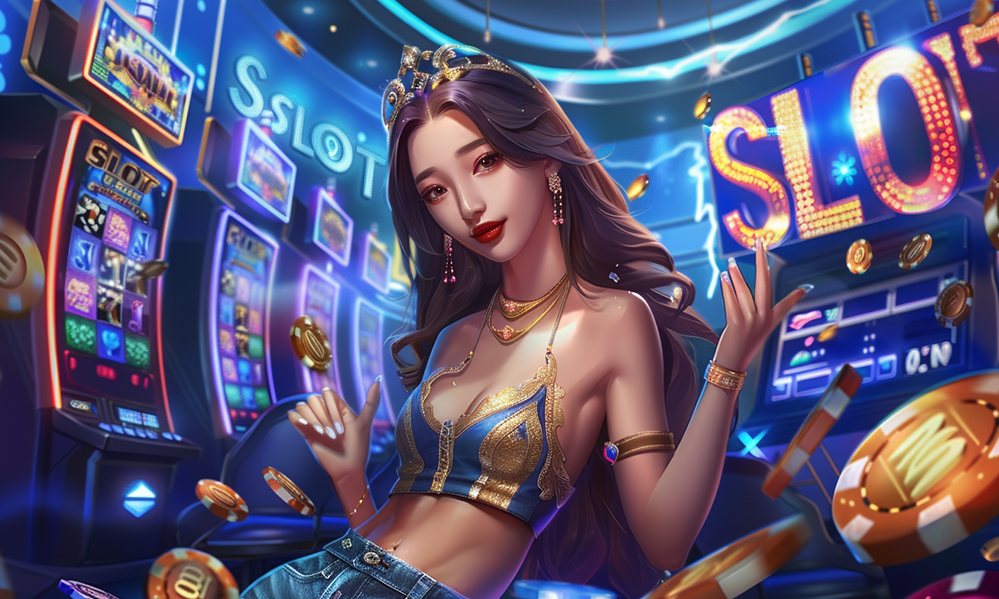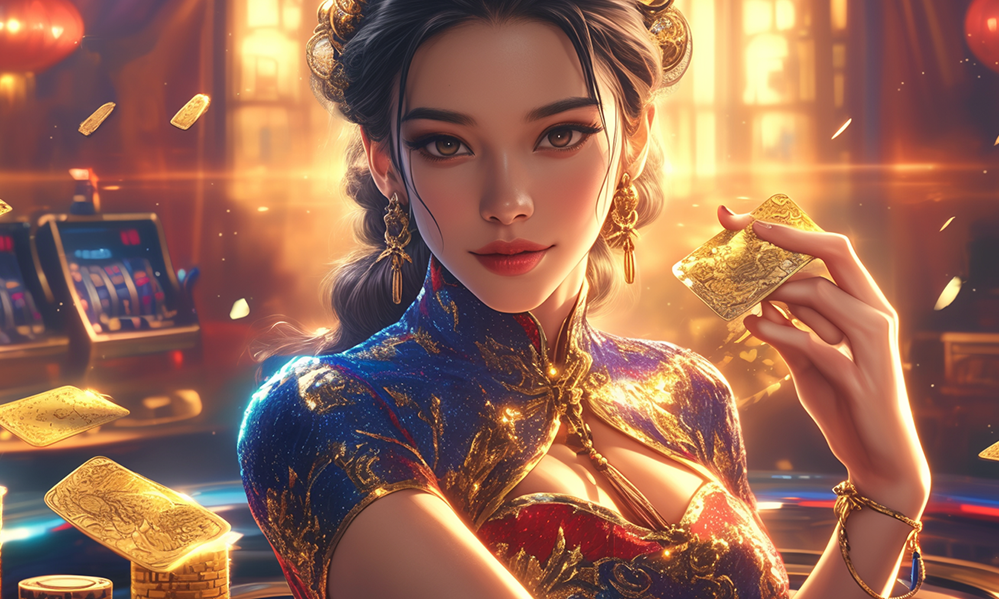
Derby Sabong Meaning in the Philippines
Sabong, or cockfighting, is deeply embedded in the cultural fabric of the Philippines. It is not merely a pastime but a long-standing tradition that dates back centuries, symbolizing both competition and camaraderie among the Filipino people. Within this context, the term Derby Sabong holds a specific and revered place, representing a competitive event in the world of cockfighting. Understanding the meaning and significance of Derby Sabong in the Philippines requires a dive into the cultural, social, and historical aspects of this sport.
What is Sabong?
Sabong, commonly known as cockfighting, involves two roosters bred and trained to fight in a ring, with sharp blades (known as “gaffs”) tied to their legs. The practice has been prevalent in the Philippines for hundreds of years, with its roots going back to the pre-colonial era. It has survived Spanish colonization and modern societal changes, continuing to be a major aspect of Filipino life. Today, sabong is not only a form of entertainment but also a thriving industry, supporting breeders, trainers, and bettors alike.
In the Philippines, sabong is legal and regulated. It is so popular that it even has a significant online presence through e-sabong, where matches are streamed live, allowing people from around the country (and the world) to place bets on their favorite roosters.
What Does "Derby" Mean in Sabong?
In sabong, the word "derby" is used to refer to a larger, more formal, and competitive cockfighting event. Unlike regular cockfights, Royale777 which can take place on any given day, sexx ba bau a derby is a scheduled tournament where a group of breeders,Mega ace jili known as cockers, pit their best fighting roosters against one another. These tournaments are often prestigious events, attracting both seasoned sabungeros (cockfight enthusiasts) and casual spectators.
Derbies typically follow a set of rules that make them different from regular sabong matches. The main distinction lies in the number of roosters a cocker must field. In a derby, participants usually enter multiple roosters, and each cocker's goal is to accumulate as many wins as possible across the matches. The champion of the derby is the cocker whose roosters win the most fights.
Most derbies are held in well-known arenas or cockpits, some of which are iconic landmarks in their own right. These venues can accommodate large crowds, and the energy inside can be intense as people cheer for their chosen roosters and place their bets.
Types of Derby Sabong in the Philippines
There are different types of derby sabong tournaments, each with its own rules and structure. The most popular types include:
-
3-Cock Derby: In this type of derby, each participant must field three roosters. The participant with the most wins out of the three fights is declared the winner. This is one of the most common forms of derby, attracting both newcomers and veterans.
-
go88 play
4-Cock and 6-Cock Derby: These formats are considered more prestigious because of the larger number of roosters required. The higher the number of roosters, the more difficult it becomes to win, as participants must have a strong, well-prepared roster of fighters.
-
Special Derbies: These are often held during holidays, festivals, or in celebration of special occasions. The scale of these derbies can be massive, with cockers from all over the country traveling to participate. Special derbies often carry large cash prizes and widespread recognition for the winners.
Significance of Derby Sabong in Filipino Culture
Derby sabong is not just about betting or watching two roosters fight; it is also a symbol of tradition and social interaction. For many Filipinos, participating in sabong—especially in derbies—is a source of pride. Breeders spend years perfecting their techniques, selecting and raising the best fighting roosters. Winning a derby is a testament to their hard work, skill, and understanding of the sport.
Moreover, the derby is a space where camaraderie and community are fostered. Families, friends, and neighbors come together to enjoy the spectacle, place bets, and socialize. For many, derby sabong is an event that transcends social status, uniting people from all walks of life with a shared passion for the sport.
Legal and Ethical Considerations
While sabong and derbies are deeply ingrained in Filipino culture, they have not been without controversy. Animal rights activists have long criticized the sport for its violent nature, raising concerns over the welfare of the roosters involved. Although the practice is legal and regulated, the ethical debate surrounding sabong continues, especially in the modern age where animal welfare is a growing concern.
In response to these concerns, some regions have introduced stricter regulations to ensure that the roosters are treated humanely and that matches are conducted fairly. Additionally, local authorities monitor the betting aspect of derbies to prevent illegal gambling activities.
Conclusion
Derby sabong holds a unique place in the Philippines, blending competition, tradition, and social interaction in a way that few other events do. For many Filipinos, it is more than just a sport—it is a celebration of culture, community, and skill. While it has its critics, particularly on ethical grounds, derby sabong remains a significant and highly anticipated event, continuing to capture the hearts of Filipinos across generations.
Jili Jackpotwww.prdigger.com








